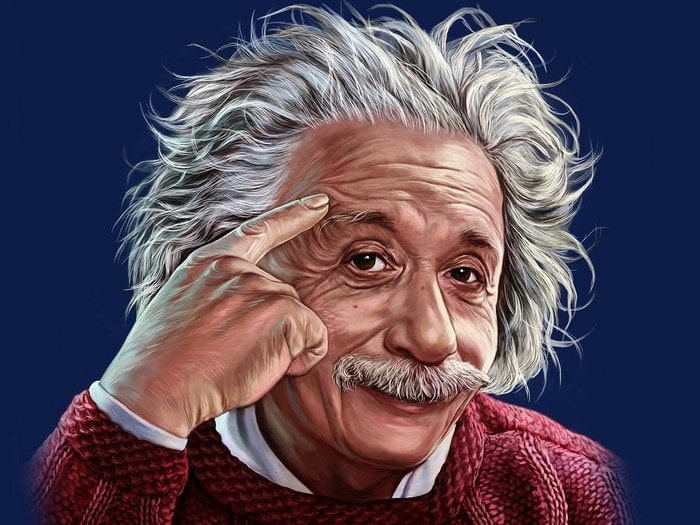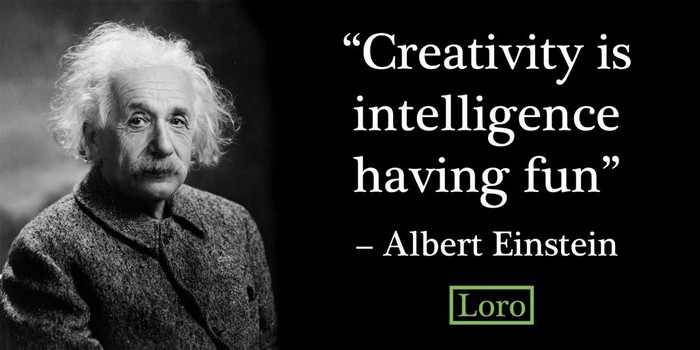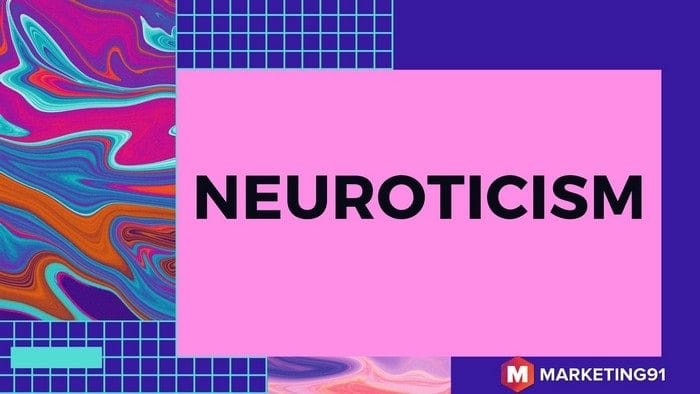Personality traits are characteristics which separate an individual from the others. Personality traits of a person reflect the distinctive characters such as emotions, feeling, behavior, actions, the attitude of a person.
Personality traits are mental sets, which are learned by people with being in certain circumstances, or by being in the company of others, or by practice.
Table of Contents
What are Personality Traits?
No two persons are the same. Two people will have a different reaction and different approach to the same situation influenced by their traits. Some people are sociable, while others are introverted. Some people are active and full of energy and others, while others are lazy sofa spuds.
It is believed that an individual personality is formed of five broad traits such as Openness, Conscientiousness, Extraversion, Agreeableness, and Neuroticism. These five traits are referred to as the acronym “OCEAN” in the field of psychology.
The meaning of openness is how to open a person is for new life experience or how does he react when a change takes place.
The meaning of Conscientiousness is to be prepared for future events rather than going with the flow or being spontaneous.
The meaning of Extraversion is that how a person reacts in others’ company whether he likes to be in the company of others. Whether he is talkative or taciturn. Whether he is happier in a social gathering or by being alone in his room.
People who love to socialize and being with others have extraversion trait, and people who like to spend time alone and don’t like social gatherings have introversion trait.
The meaning of Agreeableness is how a person treats others. Whether he is kind towards other people. Does he feel sympathetic or not when people are grieving? Whether he is affectionate towards his fellow people or not.
The meaning of Neuroticism trait shows the emotions like anger, anxiety, moodiness, sadness, and emotional instability, etc. people with this trait remain negative whole their life and don’t enjoy life. They are always stressful, and their minds are always focused on the negative aspect of everything in their life. People with this trait are difficult to make happy.
People’s personality varies on the basis of the intensity of different traits. The actions taken by a person are driven by the personality of a person.
Here is a video by Marketing91 on Personality Theories.
Examples of different Traits
1. Openness
People with openness are always ready for new experiences and ready to make changes whenever required. They are always ready to listen to new ideas. People with this trait are imaginative, curious to learn about new things, and are usually creative.
Einstein, a famous scientist, had “openness” personality trait. This trait had driven Einstein to make extraordinary inventions in the field of science. During his lifetime, he told people to become creative and to have a curiosity for new things.
Followings are few written by Albert Einstein
The true sign of intelligence is not knowledge but imagination.
Logic will get you from point A to Point B, but imagination will take you everywhere.
Creativity is imagination having fun.
Einstein encouraged youngsters to be creative, imaginative, and curious. He believed that education is not learning facts but to be imaginative and creative.
On the other hand, people who don’t have openness amongst one of the traits prefer to follow conventional paths and are not curious to learn new things and deny new ideas. They are dogmatic in nature.
2. Conscientiousness
People with this personality trait are very careful in nature. They have very few specific goals. They are well-organized and self-disciplined and very carefully choose their goals and work towards them. They take responsibility for their actions.
Let us take the example of Avengers superhero “Captain America.” Captain America has “Conscientiousness” personality trait which is apparent through the personality of Captain America and Ironman, another superhero of Avengers is known to have completely opposite personality to Captain America.
3. Extraversion
People with this personality trait are very sociable and outgoing people. They tend to enjoy the company of people. These people are called “Extrovert.” These people are the center of attraction of every party.
They feel energized when they are surrounded by people. They are talkative and usually fit for professions such as politics, entertainment, etc. Prime Minister of India Mr. Narender Modi and former President of America Mr. Barack Obama have extraversion personality trait. People who are introvert are totally opposite of extroverts.
They don’t enjoy social gatherings and gain their energy by being alone with themselves. The best examples of introversion are fictional character Harry Potter, Hollywood movie Twilights actress “Bella” Kristen Stewart, and Bollywood actress Deepika Padukone.
4. Agreeableness
People with this personality trait are gentle in nature. They understand other people better. These people are good-natured and usually loved by the people around them. They tend to forgive people easily.
The character named “Forest Gump” from a Hollywood movie Forest Gump had this personality trait.
5. Neuroticism
People with this personality trait experience emotions like anger, stress, anxiety, etc. They feel stress about even small issues. There are many examples of famous people who have admitted to having this personality trait.
A famous personality like Lady Gaga and Keira Knightley have admitted having Neuroticism. This trait is not always negative.
Furthermore, if you need more traits, then here are some of the positive and negative traits.
Positive Traits of Personality
- Affable
- Adventurous
- Helpful
- Active
- Admirable
- Agreeable
- Alert
- Balanced
- Calm
- Capable
- Captivating
- Daring
- Debonair
- Decent
- Decisive
- Dedicated
- Efficient
- Elegant
- Humorous
- Idealistic
- Invulnerable
- Logical
- Loyal
- Masculine
- Mature
- Moderate
- Modest
- Optimistic
- Organized
- Peaceful
- Practical
- Realistic
- Responsible
- Secure
- Selfless
- Sweet
- Sympathetic
- Tasteful
- Trusting
- Upright
- Warm
- Vivacious
- Winning
- Wise
Negative Traits of Personality
- Abrupt
- Aimless
- Aloof
- Angry
- Barbaric
- Bizarre
- Cautious
- Careless
- Deceitful
- Delicate
- Demanding
- Egocentric
- Envious
- Excitable
- Fanatical
- False
- Fickle
- Gloomy
- Greedy
- Hateful
- Hesitant
- Impractical
- Impulsive
- Insecure
- Lazy
- Malicious
- Mechanical
- Narrow
- Neglectful
- Neurotic
- Obsessive
- One-dimensional
- Opportunistic
- Passive
- Possessive
- Power-hungry
- Procrastinating
- Regretful
- Repentant
- Repressed
- Sadistic
- Scornful
- Secretive
- Selfish
- Tactless
- Thievish
- Transparent
- Uncooperative
- Unhealthy
- Vague
- Venomous
- Vindictive
- Weak-willed
Above were all the negative as well as positive traits for ur perusal. If you need more then you can also check on these character traits.
Liked this post? Check out the complete series on Personal Development



